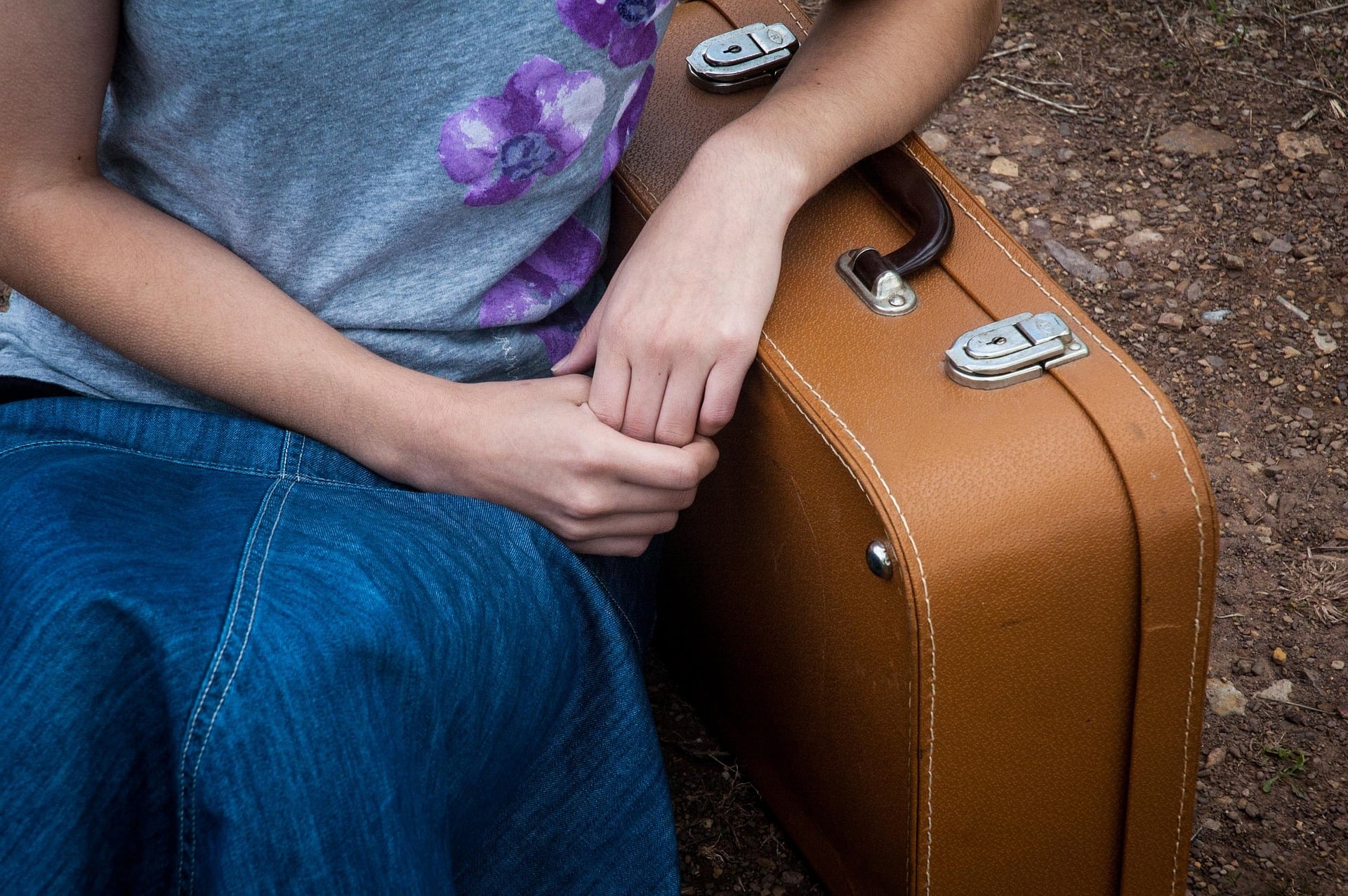Gentle preparation for boarding school can start early to help kids make a smooth transition to living more independently.
No matter how old your child is when they start boarding school, in your eyes, they are going to be too young. Your instinct is to pull your child close and keep them with you, but you also need to satisfy your desire to give them the education they need?
Once you have made the decision to send your child to boarding school, they are booked in, and the budgeting has begun, you then have to prepare them…and you. How do you make sure there are more smiles than tears?
The children who adapt to boarding quickly are from two main groups:
1. They are well prepared.
Students who have known for a large part of their lives that they would be attending boarding school often make the transition more easily than others. They come from homes where boarding has been talked about in a positive way. Often one or both or their parents were boarders themselves and had good experiences.
It is often much more challenging for students to adapt when the decisions regarding their education and where they will live have not been anticipated or have changed at the last minute. Children have a picture in their minds about what their lives will look like. If they have to throw that picture away and start again there will inevitably be grief, frustration, and upset.
2. They are mature, social, and ready for new challenges.
Boarding school is great for students who are social and like lots of varied activities. There is no doubt that the regional areas, and farms in particular, provide a wonderful environment for growing up. (Yes, I’m biased, I grew up on a farm.) However, that sort of environment also has a downside. It may lack the population to provide social, learning and cultural experiences that are available in larger centres.
Country students might also be in schools with limited numbers, so they may only have two or three peers of the same age. Some students, when they arrive at boarding school, are bursting for new friends, challenges, and experiences. They are the ones who really thrive in boarding school.
This doesn’t mean that other students don’t adapt to boarding. What it does mean, is that there are some concrete steps we can take to better prepare our children for the transition so that it is a happy experience. These steps will also help with your own worry and grief.

What can you do to better prepare your child for boarding?
1. Talk about boarding in a positive way from the very beginning
Talk about the opportunities it will afford and the wonderful friendships that will be forged. That doesn’t mean you should be unrealistic. There are going to be rough days, but if you talk about that realistically and about the strategies that will be in place for those rough days, the prospect won’t be so daunting.
Encourage your child to be open with their feelings about going away to school. This is a big deal. They need you to understand what their fears are as well as the excitement they may have. That openness should later extend to boarding staff who care for them.
2. Teach your child the skills they will need when they are living more independently.
You will not only be preparing them for boarding but for life. Research tells us that boarders are more successful in their study and in post-school life because of the skills you and boarding can teach them in partnership.
Some of the skills that will help your child transition effectively include:
- The organisation of day to day life. They will need to pack their own school bag and know when they will need extras like sports uniforms or equipment for technology, cooking, design or other optional classes.
- Laundry will probably be part of your child’s responsibilities. Make sure they know what they are doing. My mum started me especially early on this one. I suspect it had something to do with all the frilly skirts and tops that were fashionable in the 80s. They were a nightmare to iron!
- Familiarity with technology is important. It is likely that you will want your child to have a phone so that you can be in close contact. This can be problematic if a child receives their first phone at the time they go to boarding school. They may also be receiving a laptop from the school at that time. All that technology can be a distraction from the more serious business of socialising and getting to know their new environment and peers. Boarding staff tend to be quite strict on device use, but it helps if kids have been taught good habits at home previously.
- Homework will need to be managed independently, so build in that habit before your child heads off to boarding school. They will have supervisors and adults who can help, but your child will be responsible for due dates and keeping up with study.
Many parents are worried about their child’s ability to keep up with the academic program in a city school. There is a concern that their primary school might not have adequately prepared them. Schoolwork should not be front-of-mind. She believes that if the care and social side of boarding integration go well, academics will follow. “We can always catch kids up, but if they aren’t happy and settled, they won’t learn. Care comes first.”

3. Bring the boarding school into your child’s life
It is a good idea to visit the school often before boarding begins. Subscribe to the newsletters, blogs and publications. Make contact with families of students who will be in your child’s year, or older students who are already there. You might even like to go to some school events like fairs or drama production. Anything that makes the school more familiar and less daunting is a good thing.
4. Work in partnership with boarding staff
Perhaps the most important thing you can do to ensure a smooth transition for your child is to make a conscious decision to work cooperatively with the staff. You have chosen them to care for your child, so work with them, not against them. Share with them your child’s fears and likely homesickness triggers, the things that set them alight joyfully, their hobbies, their ambitions, and the ways they can be comforted on down days. Boarding staff want your child to be happy and settled too.
Finally…
I was a boarder. I understand what a big deal this is for you and your child. However, I think it’s like all the big decisions in life, once you have made your choice, you have to own it and embrace it. Being half-hearted and doubting your decision will only make your child tentative and frightened. Boarding is a good thing. It is a step into a big, exciting world. And that’s what you want for your child, a big, bright world of possibility.






